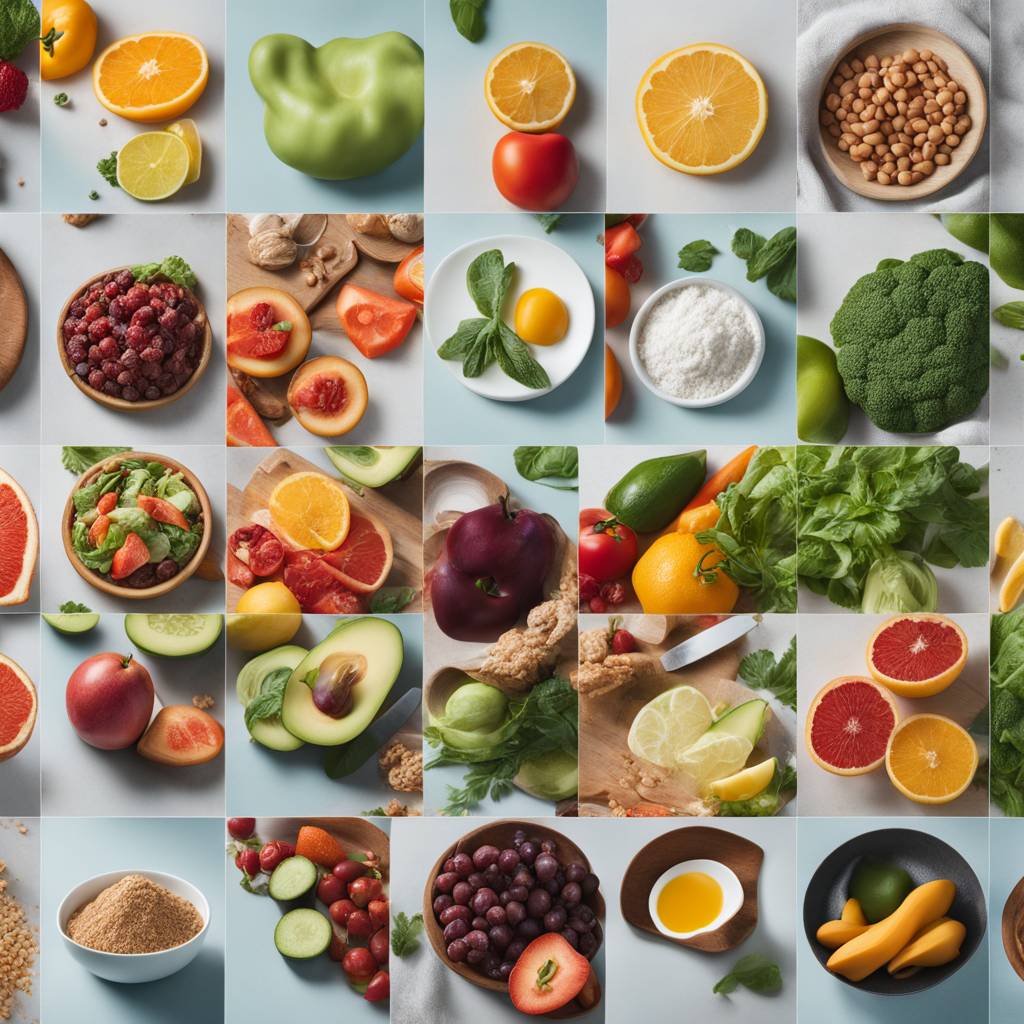In recent years, many nutrition fads have gained popularity, but not all of them are rooted in fact. Eating healthily can be simpler than you think, as there are several common nutrition myths that aren’t actually true. One such myth is that eating after 6 p.m. is bad for you and leads to weight gain. However, studies show that calorie intake is the decisive factor, not the timing of a meal. Another myth is that low-fat products are healthier, but these often contain more sugar or artificial additives compared to regular fat products. Instead, focus on the type of fat in foods and the overall quality of the product.
Cutting out carbs is a common practice, but not all carbohydrates are bad for you. Complex carbohydrates found in nutrient-rich products like whole grains, fruits, and vegetables keep you full longer, counteract cravings, and strengthen the intestinal flora. Additionally, the myth that a vegan diet leads to nutritional deficiencies is not true. A balanced vegan diet can provide all the necessary nutrients, including plant-based sources of omega-3 fatty acids and vitamin B12. It’s important to incorporate a variety of healthy foods and consider supplements where necessary.
While it’s often recommended to consume protein immediately after working out for muscle repair, recent studies show that the body’s “anabolic window” is broader and more flexible than originally thought. It’s not necessarily important to consume protein right after a workout, as long as the body is adequately supplied with protein throughout the day. However, for those who train multiple times a day, refueling protein reserves quickly after training can aid recovery. Another myth is that gluten is unhealthy, but studies show that gluten only causes inflammation in people with specific conditions, such as celiac disease or a wheat allergy.
Detox diets, often promoted as a way to cleanse the body and improve overall health, may not actually detoxify the body as they claim. The body is capable of detoxifying itself through organs like the liver and kidneys, and there is limited scientific evidence to suggest that detox diets help eliminate toxins. It’s important to focus on a balanced and varied diet, incorporating nutrient-rich foods, and not rely on fads or myths when it comes to nutrition. It’s essential to choose whole, unprocessed foods and listen to your body’s needs to maintain overall health and well-being.


